The blame game continues as Hazaras search for answers
Silently, slowly, many from the community attempt to trickle out of Balochistan.
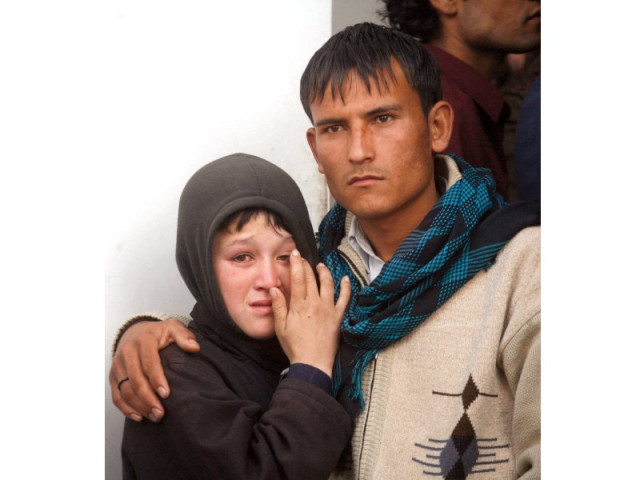
Victims’ families question the state. PHOTO: EXPRESS
Weeks after the second Hazara massacre turned Quetta red, no answers and no concrete solutions have surfaced.
Some experts claim that the Hazaras are caught in a proxy war between Saudi Arabia and Iran, while others blame religious extremists.
However, most of those who suffered directly and lost loved ones point at the government and law enforcement agencies.
“They are responsible for protecting the people,” says Mohammad Ishaq, 40, a tailor from Hazara Town who lost five members of his family in the Kirani road attack. “The government and its functionaries know who is behind these attacks. And yet, they seem to be doing nothing.”
Shia civil organisations seem to agree. Sayed Yousuf, the deputy general secretary of the Majlis-e-Wahdatul Muslimeen (MWM), tells The Express Tribune that security agencies are very active in Balochistan, and it is entirely their fault that such bloodbaths have not been prevented.
“At least 40 security agencies are active,” he says, adding that the frequency of these attacks suggests governmental involvement.
He recalls the time when the MWM opened an office in Quetta. Instantly, at least 29 agencies approached him and other leaders with inquiries.

“If these agencies can find a tiny office suspicious, then how are they not aware of such large-scale attacks?” he asks.
MWM Secretary-General Allama Maqsud Ali Domki says sectarian killings have been going on for over 15 years, and law enforcement agencies have not controlled them. He expresses support for the targeted operation in Balochistan, hoping it will bear resemblance to the one launched in Swat. However, according to him, the army control is the last hope.
“The Pakistani Army is the most powerful force in our country and under the Constitution, in Article 245, it says that if the government and administration fail to control the city then the army should be called in to do it. The governor of Balochistan agrees with us,” he says.
According to Domki, the federal committee has assured him a panel would be formed to meet the army chief to discuss potential deployment in the city. However, as of now, the paramilitary Frontier Corps and the administration are conducting their operation. The army option will only be taken seriously if this fails.
And yet, not everyone believes that blame can be attributed so simply. There may be a multi-layered, international cause at the crux of this genocide
The chairman of the Hazara Democratic Party (HDP), Abdul Khaliq Hazara, said while addressing a press conference that the policy makers of the country have deliberately allowed so much Pakistani blood to be shed to protect Iranian and Saudi Arabian interests.
According to him, the events of the past decades reflect that sectarian violence in Balochistan, and Quetta specifically, has been fueled intentionally, leading to a systematic erosion of the centuries-old mutual respect among different sects and ethnic groups.
The chairman also said the January 10 and February 16 bombings have illustrated to the world how atrocities against Hazaras have broken all records. However, in spite of all that, as a community, the Hazaras have protested democratically and peacefully, exhibiting exemplary tolerance.
However, unlike Domki, he said his party never demanded army rule, terming it a ‘myopic’ stance. A targeted operation, carried out with honesty, is what needs to be done.
International footballer and a Hazara, Mohammad Mehdi, reiterates the opinion that there is no sectarian war in Balochistan, but simply a war waged by Saudi Arabia, on the directive of the United States. The aim is to destabilise the country since it is improving ties with Iran.
Pointing to the cheap electricity Iran is providing, the interest in the Pak-Iran gas pipeline, and the attractive prices for petrol and fuel, he says the US is nervous about Iran’s improving economy. According to him, the US is playing a ‘great game’ and using Saudi Arabia to fuel the sectarian violence.
According to HRCP’s chairman in Balochistan, Tahir Hussain, not a single culprit involved in targeted killings has been arrested so far, a reflection of the utter apathy of law enforcement agencies towards maintaining the peace.
Published in The Express Tribune, March 3rd, 2013.

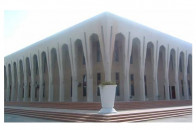
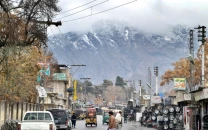
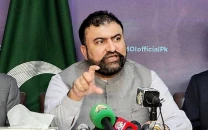
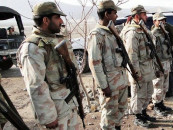
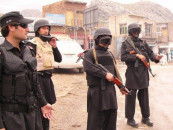
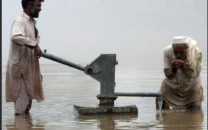

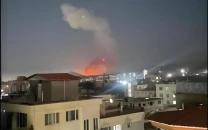
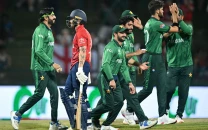
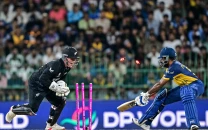
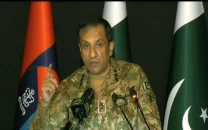
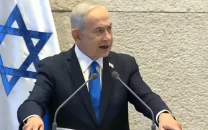






COMMENTS
Comments are moderated and generally will be posted if they are on-topic and not abusive.
For more information, please see our Comments FAQ